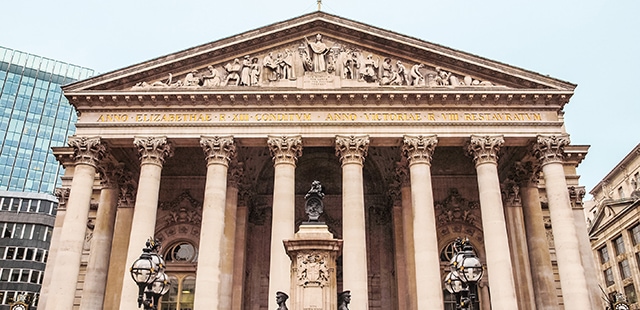Rapidly rising London share prices and the political uncertainty following Donald Trump’s elections have added to the interest.
Last year, only three of the IPOs on the London Stock Exchange (LSE) involved companies with operations focused on North America. This year so far, the count is 20, according to data from the LSE, which is touting the news.

Even so, a company focusing on America is not necessarily an American company. Of the 20 US- or Canada-oriented companies that IPO’d in London so far this year, four were headquartered in Britain. Global Finance’s own review of the data revealed that only three US companies (and no Canadian companies) that IPO’d in London this year actually have both operations and headquarters in the US and are not also floating stock on an American exchange.
“We’re as American as it gets,” says Vladislav Sandler, CEO of Brooklyn, New York-based HemoGenyx, a pharmaceutical researcher that allowed itself to be snapped up by a UK cash shell in a reverse takeover to get listed in London. He said the LSE was the best place for “a tiny company that needed to raise money easily” to do so, “not in the pink sheets, not OTC, but on the main market.”
Sandler’s experience might not be typical. Most other North American–focused companies raising capital through the London bourse have at least some of their headquarters operations in British territory, most frequently some flag-of-convenience haven. Many of these purported North American companies seem to be overseas investment pools forming shells through which to invest in US energy and natural resources; still, that cannot be taken as a blanket statement. Clearly, Kosmos Energy is a Texas-based driller that takes advantage of Bermuda law to operate globally and raises equity capital in London and Frankfurt as well as New York. It is harder to see what is American about Phoenix Global Mining, aside from its Idaho dig.
What’s the LSE’s value proposition for US-domiciled companies? An LSE spokeswoman suggested two leading reasons for US companies to raise capital on the exchange are rapidly rising London share prices and the political uncertainty following Donald Trump’s election. However, when asked if there was a flight of capital from the UK to the US in the wake of the Brexit vote, she conceded, “No, we didn’t see any of that happening.” Meanwhile, the DJIA has risen about 18.2% year-to-date, and the FTSE 100 only about 3.3%.
Other factors might be of greater importance: One, the UK requires semiannual, rather than quarterly, reporting; Also, the LSE spokeswoman says, UK IPO costs are only around 3% of deal size, compared with closer to 5% in the US.



